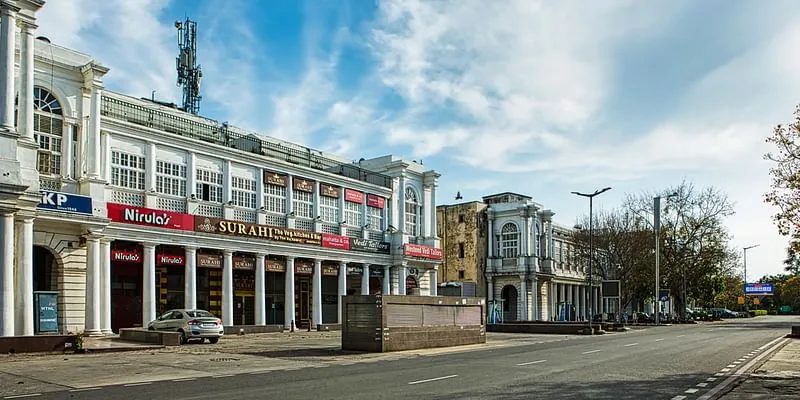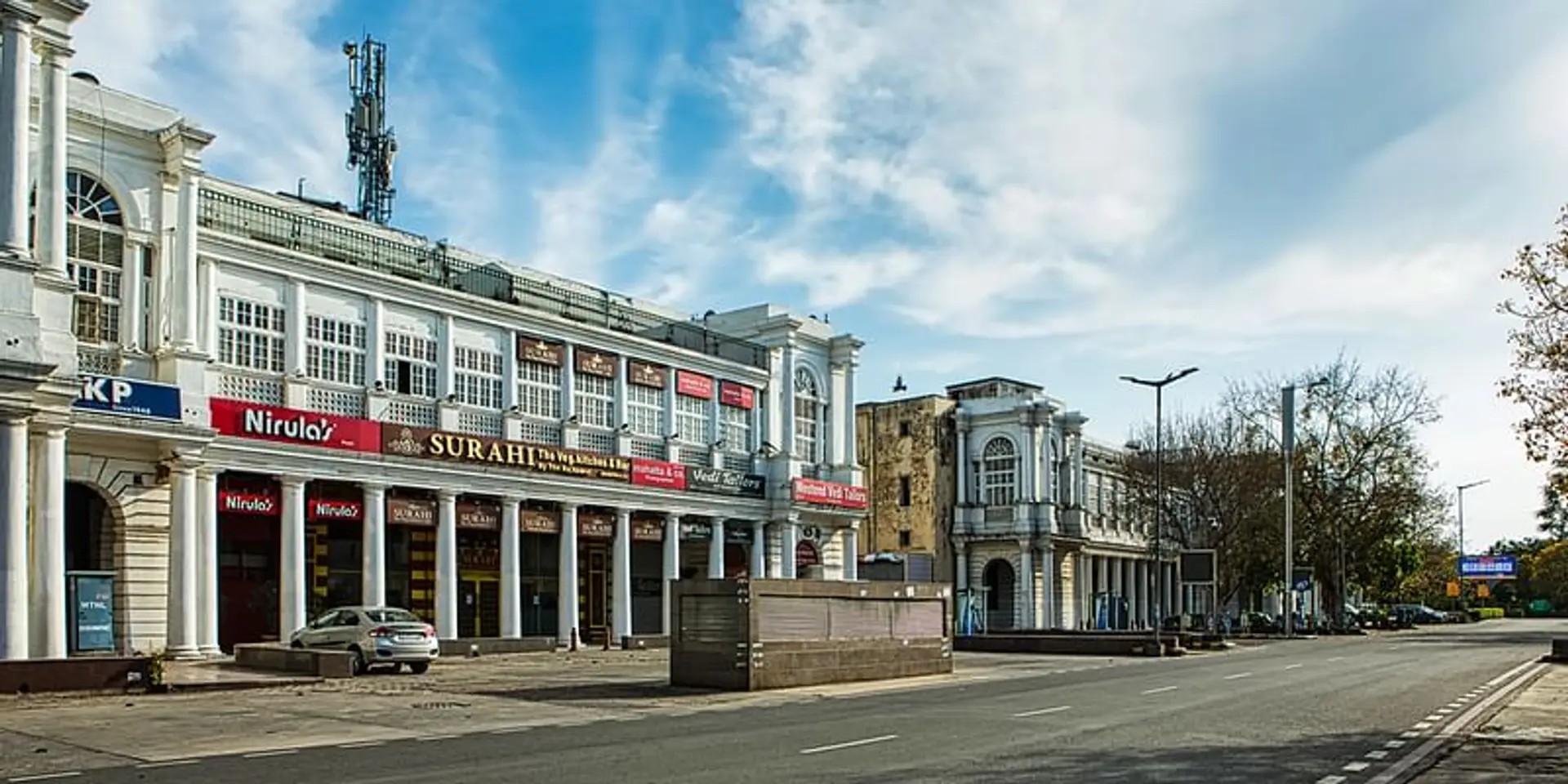Retail industry shows massive decline in sales compared to pre-COVID times, shares 9-point agenda for survival
Retailers Association of India survey shows a decline of 79 percent in May 2021 as compared with May 2019, following the closure of retail businesses across the country.
As restrictions from COVID19-induced lockdown following the devastating second wave finally lift, it threatens to unravel a dismal picture -- not just of the broken healthcare infrastructure in the country but the beaten economy as well.
May 2021 sales of the retail industry, which contributes 10 percent to the nation’s GDP, recorded a significant decline of 79 percent as compared with pre-COVID level sales of May 2019 following the closure of retail businesses across the country.
According to the 16th edition of the ‘Retail Business Survey’ by the Retailers Association of India (RAI) released today, categories such as food and grocery fared better in sales with a 34 percent decline in sales compared with categories like footwear (minus 86 percent), beauty, wellness and personal care (minus 87 percent), and sports goods (minus 80 percent) as compared to pre-COVID sales levels of May 2019.
Southern states fared better than the rest of the country with sales dipping to 73 percent in May 2021 as compared to May 2019. The worst-affected regions are western and northern states that have indicated an 83 percent dip in sales in May 2021, while the eastern states showed a decline of 75 percent in sales in the same period.
With consumption going down steadily since the past year following the pandemic and its resultant lockdowns, retail businesses have been under tremendous financial strain.
The number of businesses and establishments that have shut shop is huge. Though there are no official figures forthcoming on the exact number of businesses that have downed their shutters, it is estimated that more than 20 percent of retail businesses have or are set to shut down.
Industry insiders say the financial pressures are on various fronts, including rentals, salaries, electricity charges, and various taxes and licence fees among others.
According to Kumar Rajagopalan, CEO of RAI, easing the burden will require the support of various bodies driven by the central and state governments.
In a press note shared by the association, he said, “Retailers are looking forward to some improvement in the month of June with the gradual unlocking.”

New Delhi's buzzing Connaught Place wears a deserted look following the COVID lockdown. (Photo: Shutterstock)
Nine-point agenda to help retail businesses survive
A strong advocate for retailing in India, RAI, which works for the growth of the modern retail industry, outlined the following steps needed to help retail businesses bounce back in these hard times.
- Extend renewals of existing permits, licences, NOCs, and permissions, including shops and establishments licences, trade licences, food licences, fire NOCs, and signage licences etc. required for running of malls, shopping centres, retail stores, and restaurants and pubs for a period of one year.
- Relax compliance requirements of retailers to pay MSME suppliers in 45 days’ time till March 2022.
- The central government to pay PF contribution of both employer and employee (12 percent each) till September 2021 for all employees earning less than Rs 15,000 per month.
- Hundred percent relief to landlords and malls in payment of property tax for the year 2021-22.
- Mandate electric distribution companies to waive minimum demand charge for the period April 2021 to June 2021.
- Extend the benefits of ECLGS 3.0 to retail companies.
- Announce a moratorium on principal and interest for six months.
- Mandate banks to give ad-hoc working capital loans of 30 percent more than current limits so that critical payments like salaries and wages can be made.
- Provide interest subvention to reduce the burden of interest.
Edited by Teja Lele







